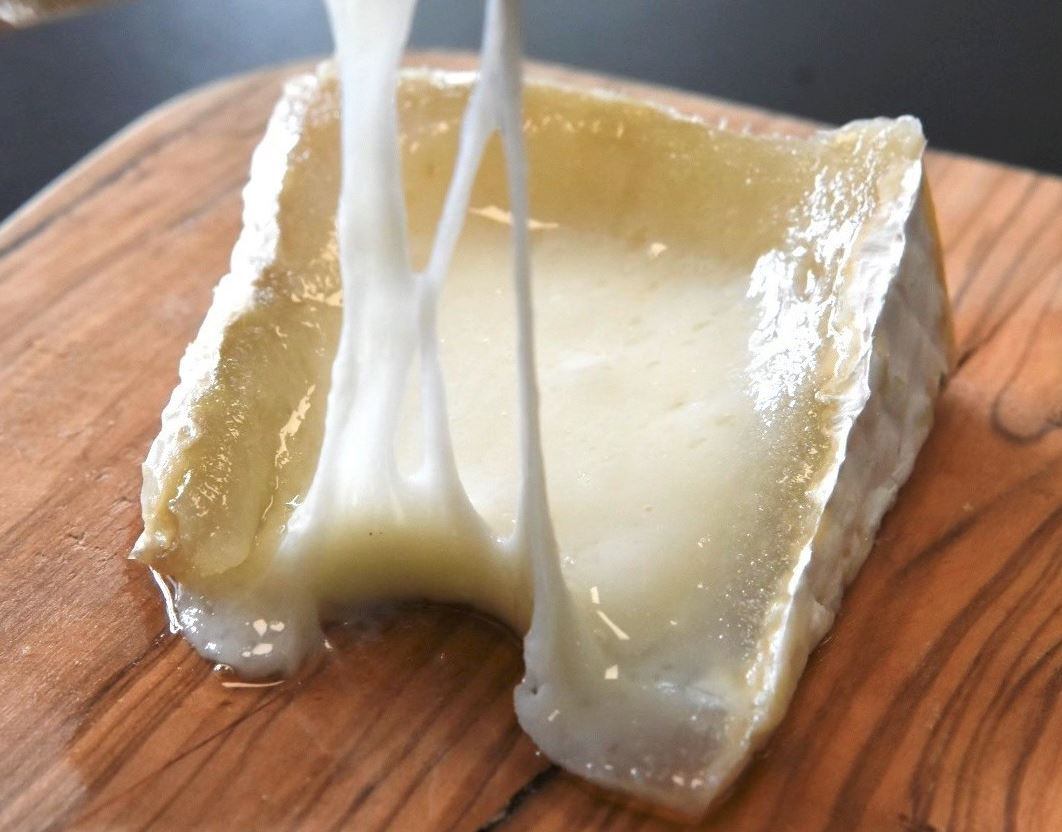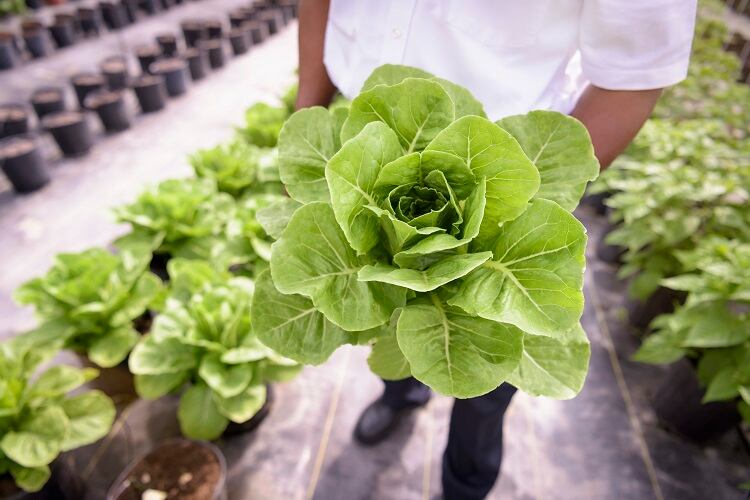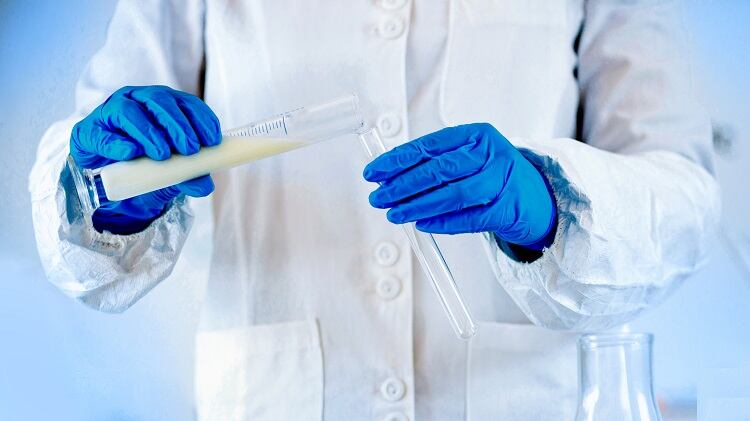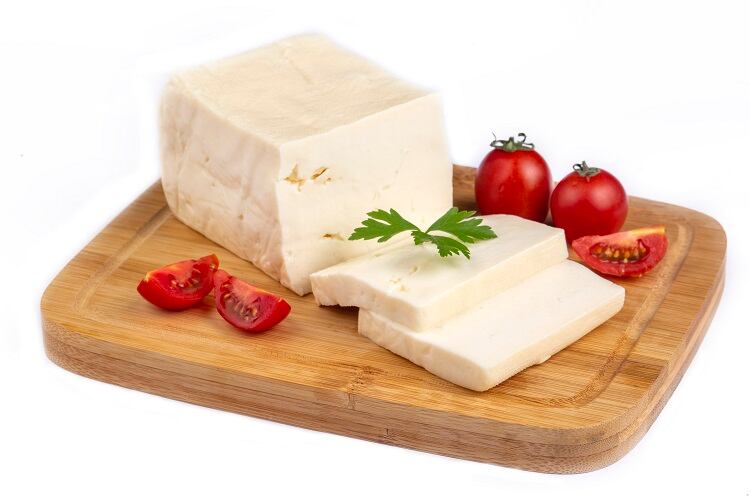The Paris-based company said it is creating caseins and dairy fatty acids with precision fermentation in order to develop cheeses that are virtually indistinguishable from the real thing, without the environmental, animal welfare and food safety problems associated with animal agriculture.
After the successful pre-seed round, it now plans to launch its first industrial production of animal-free dairy ingredients within the next 24 months as a B2B company. “We will sell a ‘cheeseable milk’ solution to food partners,” Co-Founder and CSO Maya Bendifallah explained to FoodNavigator. “We will offer formulated ingredients and the formulation know-how to help them develop and produce innovative, tasty and sustainable dairy products.”
To make the caseins and dairy fatty acids, the Paris-based company programmes yeasts to produce milk proteins and fatty acids in exchange for mineral and plant nutrients in bioreactors. “Our animal-free ingredients have the same functional, nutritional and organoleptic characteristics as conventional animal ingredients,” we were told. “We then harvest these milk proteins and fatty acids and mix them with other ingredients to develop a reconstituted milk, which will coagulate and turn into cheese by fermentation. We are developing multiple subtypes of casein. Part of our process will be protected by our IP.”
‘Going beyond what’s available in the plant-based reign’
The international cheese market is worth $200B and growing. Nutropy said its innovative approach, and its close collaboration with industrial cheese producers and French cheese specialists, mean it is primed to lead the development of a B2B ‘cheesable milk solution’ producing many types of cheese to expand the global cheese market to new frontiers.
“As cheese lovers, we know the importance of cheese in our gastronomic culture and want to offer consumers a wide range of cheeses free of lactose and dietary cholesterol that are produced in an environmentally friendly and sustainable manner,” said Nutropy CEO Nathalie Rolland.
The first products it is developing are premium aged French cheeses similar to Camembert. “Thanks to our tech and expertise we can develop many types of cheeses,” the spokesperson continued. “We decided to develop dairy fatty acids to improve the sensory profiles of our cheeses by going beyond what’s available in the plant-based reign and bringing us as close as possible in taste to animal cheeses.”
A growing number of companies are using precision fermentation to make cheese and milk alternatives. The differentiator for Nutropy’s business is its own unique technology to produce and formulate our ingredients, it claimed. “We are the only company to provide a complete animal-free ‘cheeseable milk’ solution for plug and play use by dairy producers," said Bendifallah. "Only a few companies are developing caseins and dairy fatty acids and not all companies have a food science team working on the development of animal-free cheeses, especially complex, premium cheeses.”
The quest for more environmentally sustainable production methods is obviously a big draw of the precision fermentation sector. Nutropy claimed its process has the potential to use significantly fewer natural resources and limit the greenhouse gases and water pollution that accompany animal-produced dairy products.
“We have reason to believe our processes will consume significantly fewer resources and pollute less than their animal counterparts. We have data on the production of animal-free products through fermentation and we are discussing with consultants and universities to work together on an LCA of our process once we reach higher scales.”
Precision fermentation start-ups acknowledge that achieving scale is a hurdle to commercialisation. What’s more, the European Commission is yet to approve its first product made this way. Nutropy is therefore intent to demonstrate that fermentation-derived milk ingredients are a thriving and promising domain that is supported by an ecosystem of startups, medium and large sized companies across the value chain and research institutions. “We are active members of this ecosystem, through both Nutropy and the non-profit organization founded by our CEO Nathalie Rolland called Agriculture Cellulaire France/CellAg France. Furthermore, the fact that fermentation-derived ingredients are an essential player in securing food sovereignty and reducing our environmental impact three times a day has been recognized by the existence of many recent European grants for our subject.”
The €2M pre-seed round was led by venture firms Beast, Big Idea Ventures and Trellis Road. The round was supported by VegCapital, FoodHack, Techmind, a few international business angels with experience in technology, food technology and agriculture and the French government.
“We’ve long been convinced of the critical role of casein in the shift away from animal cheese products,” said Anna Ottosson, founding partner at Trellis Road.
"We are excited about Nutropy’s technology and the quality of the products the team has been able to produce. I tried their premium cheese at one of our events, and the texture and taste were indistinguishable from premium, animal-based cheese. Using bio-identical ingredients is a game changer," added Andrew D. Ive, Founder and Managing General Partner of Big Idea Ventures.





